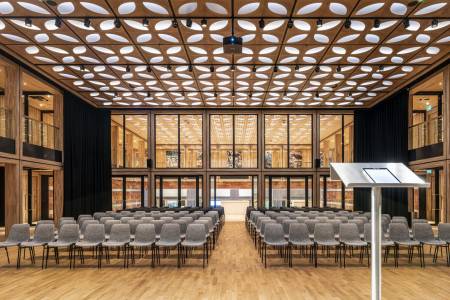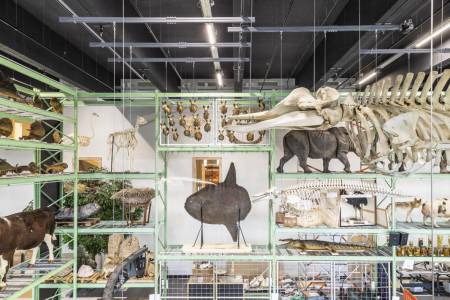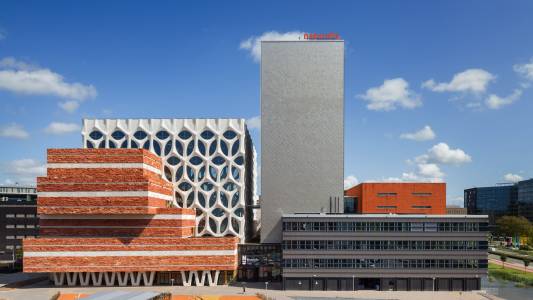About the Workshop
Viruses, bacteria, and other pathogens pose a serious threat to human health, requiring a coordinated response from the innate and adaptive immune systems. Our immune system relies on pathogen receptors and signaling pathways to initiate defense through secreted effector molecules and cell-mediated responses. Additionally, cell-autonomous immunity—an evolutionarily conserved mechanism enabling non-immune cells to independently combat infections—serves as a crucial first line of defense, preserving cellular integrity against diverse pathogens. However, improper activation of these pathways leads to immunopathology and ineffective antimicrobial responses, as observed in certain disorders with immune-related gene mutations.
Recent advances in genetic screening, single-cell sequencing, and high-resolution live-cell imaging have identified novel receptors, signaling hubs, regulatory mechanisms, and post-translational modifications that shape pathogen defense. This EMBO Workshop will unite experts in molecular and cellular immunology, virology, microbiology, and cell signaling to discuss cutting-edge discoveries in antimicrobial defense. Building on the success of three previous highly rated meetings, the 2026 edition will continue fostering collaboration and knowledge exchange among leading scientists. Participants from diverse career stages and scientific backgrounds will have the opportunity to present their work in formats that encourage scientific exchange and collaboration. Dedicated sessions that incorporate multiple formats and venues will encourage networking among early career scientists, established experts, and journal editors. Through interdisciplinary discussions and presentations, this EMBO Workshop aims to deepen our understanding of immune mechanisms and inspire new research directions in the field.
About EMBO Courses and Workshops
EMBO Courses and Workshops are selected for their excellent scientific quality and timelines, provision of good networking activities for all participants and speaker gender diversity (at least 40% of speakers must be from the underrepresented gender).
Organisers are encouraged to implement measures to make the meeting environmentally more sustainable.











